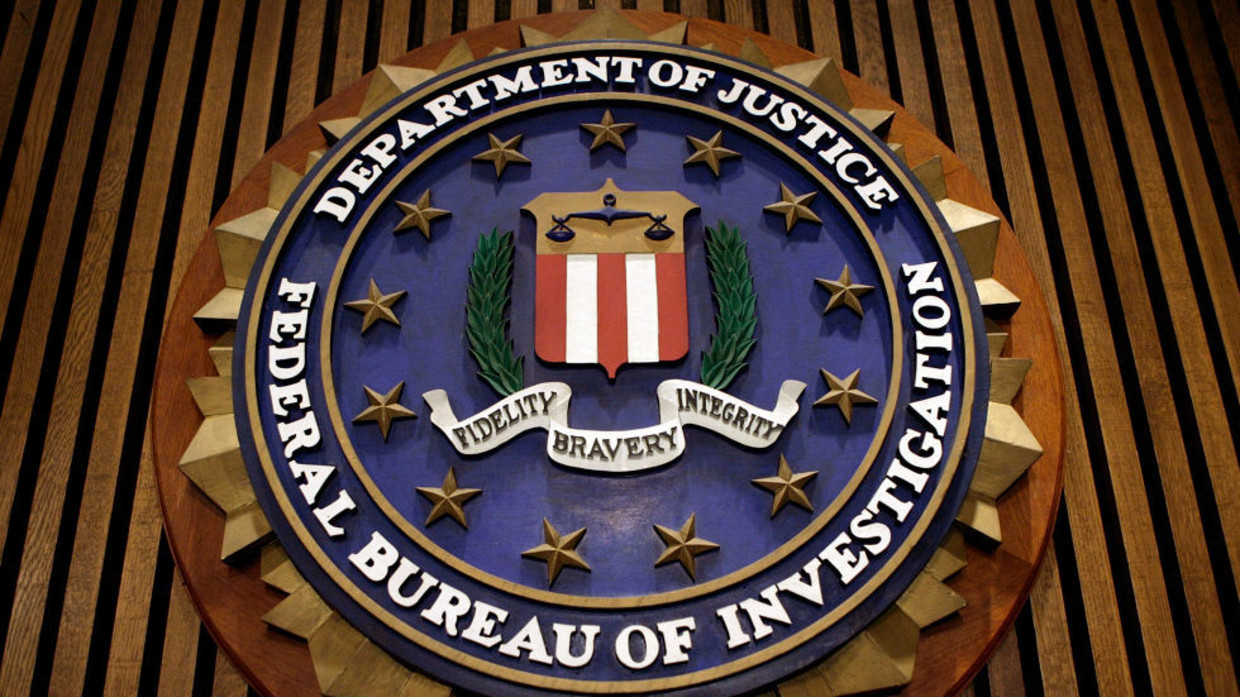Two US citizens have been arrested on charges of smuggling sophisticated aviation equipment to Russia, violating licensing requirements for sensitive technologies even as Washington was tightening export restrictions amid the Ukraine conflict.
Cyril Gregory Buyanovsky, 59, and Douglas Robertson, 55, are accused of conspiring to violate export laws by concealing and misstating the value, destinations, and end users of the avionics gear that they sold through a firm called KanRus Trading Co., the US Department of Justice (DOJ) said on Thursday. The two men, who are both residents of Kansas, also allegedly provided unlicensed repair services for Russian aircraft electronics, including a computer processor bearing a sticker from Moscow’s Federal Security Service (FSB).
The allegations stretch back to at least 2020 and typically involved relaying packages through third-party countries. For instance, prosecutors said, Buyanovsky and Robertson concealed the recipient of the FSB-badged processor by providing a fraudulent invoice falsely indicating that its end destination was Germany.
A few days after Moscow began its military operation against Ukraine last February, a KanRus shipment to Russia was detained. The US Department of Commerce informed the exporter that a license was required for such technology. Last April, Robertson told one of his Russian customers that “things are complicated in the USA,” and that “this is not the right time [for more paperwork and visibility],” the DOJ claimed. During the following three months, the two men allegedly transshipped avionics to Russia through Armenia and Cyprus.
The two men are charged with conspiracy, exporting controlled goods without a license, falsifying export information, and smuggling goods contrary to US law. If convicted, they face a maximum penalty of 20 years in prison on each count of violating controlled goods licensing requirements, as well as ten years for each count of smuggling and five years for conspiracy and falsifying export information.
The KanRus investigation was coordinated through the DOJ’s KleptoCapture task force, which was formed to enforce the sanctions, export controls, and economic countermeasures that the US imposed to punish Russia over the Ukraine conflict.


